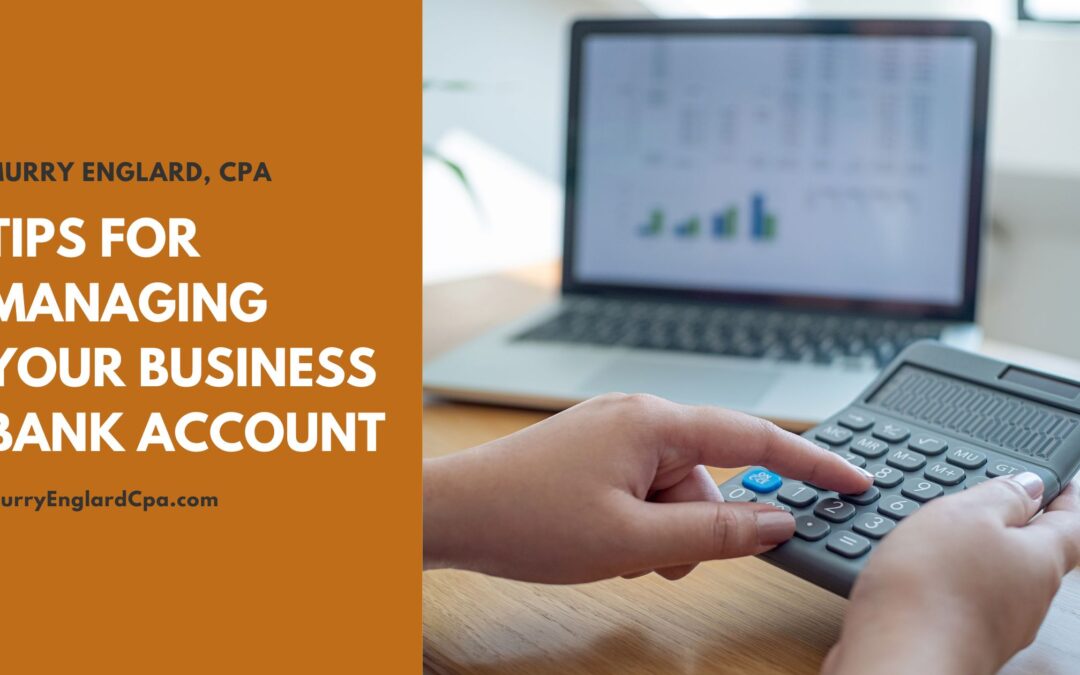Managing a business bank account is one of the most critical tasks for any entrepreneur or business owner. Keeping track of your finances and ensuring your healthy cash flow is essential. However, managing a business bank account is not always easy, and keeping up with all the transactions and expenses can be challenging.
Keep Your Personal and Business Accounts Separate
One of the essential tips for managing your business bank account is to keep your personal and business accounts separate. Having a unique bank account for your business is crucial to ensure clarity and clarity of funds. This will also help you keep track of your business expenses and income, which can be beneficial when it comes to tax time.
Choose the Right Bank Account
Choosing the correct bank account is crucial when managing your business finances. Several bank accounts are available, including checking, savings, and merchant accounts. You should choose the type of account that best suits your business needs. For example, a checking account may be the best option if you have a high volume of transactions. A savings account may be a better choice if you want to earn interest on your deposits.
Use Accounting Software
Using accounting software can make managing your business bank account much more accessible. Several accounting software options are available, including QuickBooks, Xero, and FreshBooks. These software programs let you quickly track your expenses, income, and cash flow. They also help you create financial reports and manage your taxes.
Monitor Your Account Regularly
It is essential to monitor your business bank account regularly. You should check your account daily to ensure no unauthorized transactions or errors. This will help you catch any problems early and prevent them from becoming more significant.
Set Up Alerts
Most banks offer alerts that you can set up to notify you of any unusual activity on your account. You can set up alerts to notify you when a significant transaction occurs, a deposit is made, or your account balance falls below a certain amount. These alerts can help you stay on top of your finances and prevent fraud.
Automate Your Transactions
Automating your transactions can save you time and help you avoid late fees. You can set up automatic payments for your bills, such as rent, utilities, and insurance. You can also set up automatic transfers. Automating your transactions can help you stay organized and avoid any missed payments.
Keep Your Receipts
Keeping your receipts is essential for managing your business bank account. Record all your expenses, including purchase receipts, service invoices, and bills. This will help you track your expenses and keep your financial records organized.
Managing your business bank account is essential to running a successful business. By keeping your personal and business accounts separate, choosing the correct bank account, using accounting software, monitoring your account regularly, setting up alerts, automating your transactions, and keeping your receipts, you can effectively manage your finances and ensure your business is financially healthy.

